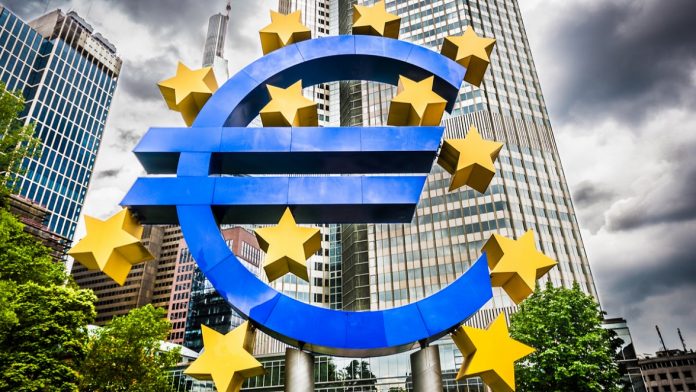- Pound (GBP) rises after losses yesterday
- Chancellor cut National Insurance tax by 2%
- Euro (EUR) falls ahead of the rate decision
- The ECB is expected to leave rates on hold for a 4th meeting.
The Pound Euro (GBP/EUR) exchange rate is rising after yesterday’s losses. The pair fell -0.18% in the previous session, settling on Wednesday at €1.1677 and trading in a range between €1.1675 €1.1710. At 11:00 UTC, GBP/EUR trades +0.13% at €1.1692.
The pound is recovering yesterday’s losses as the market continues to digest the chancellor’s spring budget, which had few surprises.
Perhaps the most notable point was the Office for Budget Responsibility forecast inflation cooling to 2% in the next two months. However, the chancellor failed to say anything about what would happen to inflation after that, suggesting that it may reaccelerate.
Meanwhile, the growth outlook was rosier than previously expected, with the OBR upwardly revising its growth forecasts for this year and next year.
The biggest headline was the cut of National Insurance tax by two percentage points to 8%, although this was also widely expected.
Broadly speaking, the pound remains supported as the Bank of England is expected to start cutting interest rates after other central banks in the G7, including the ECB.
The euro is heading much lower ahead of the ECB’s interest rate decision. The central bank is expected to keep rates unchanged at 4% for a fourth straight meeting. The focus will be on new economic projections, which could provide further clarity over when the ECB will start to cut interest rates.
Recent ECB speakers have said that it’s too soon to declare victory over inflation, even though the CPI was cooled to 2.6%.
Should the new projections show that inflation is moving back towards the 2% target at a faster pace, policymakers could feel more comfortable about cutting interest rates sooner.
The market is expecting the first rate cut in June, the timeline that investors and economists both agree on.
Few of the ECB’s governing councils’ 26 members have voiced a preference to cut rates before June, with many warning that moving too early could result in a rebound in inflation, which would be far worse than the impact of keeping borrowing costs where they are for a little bit longer.





